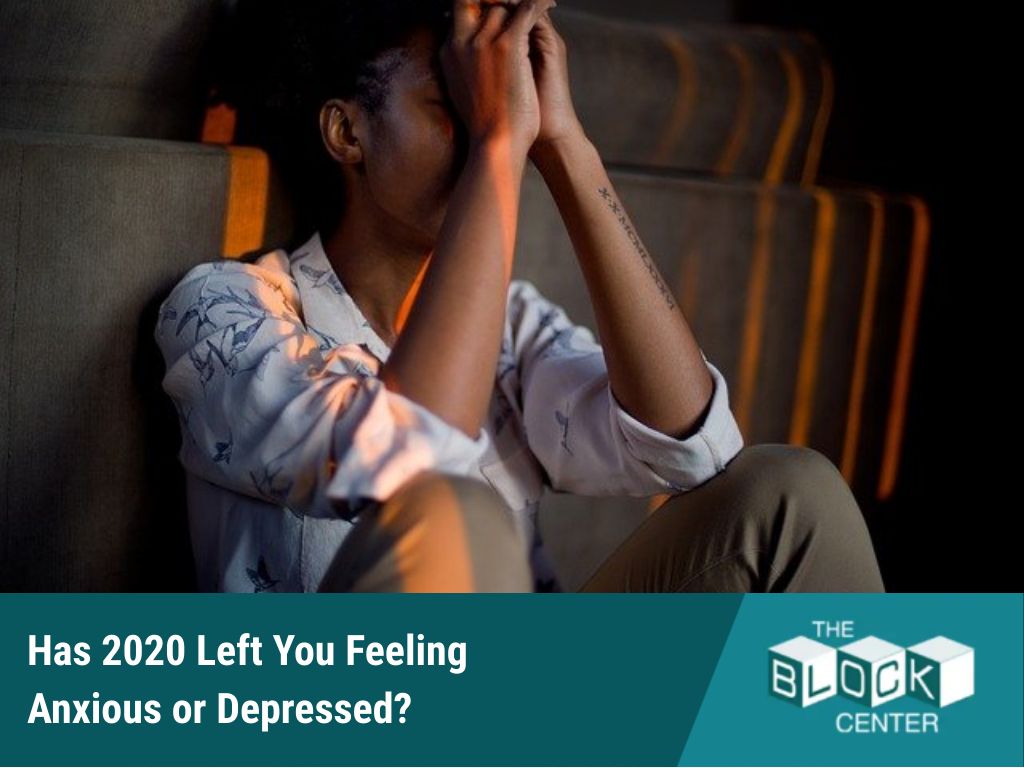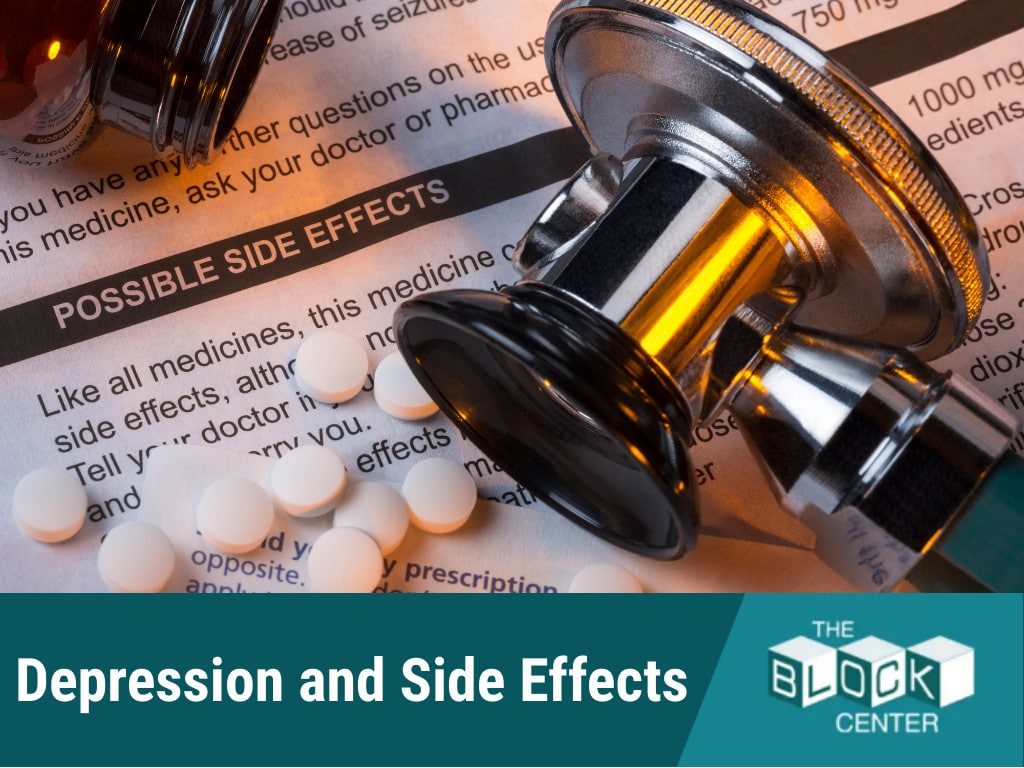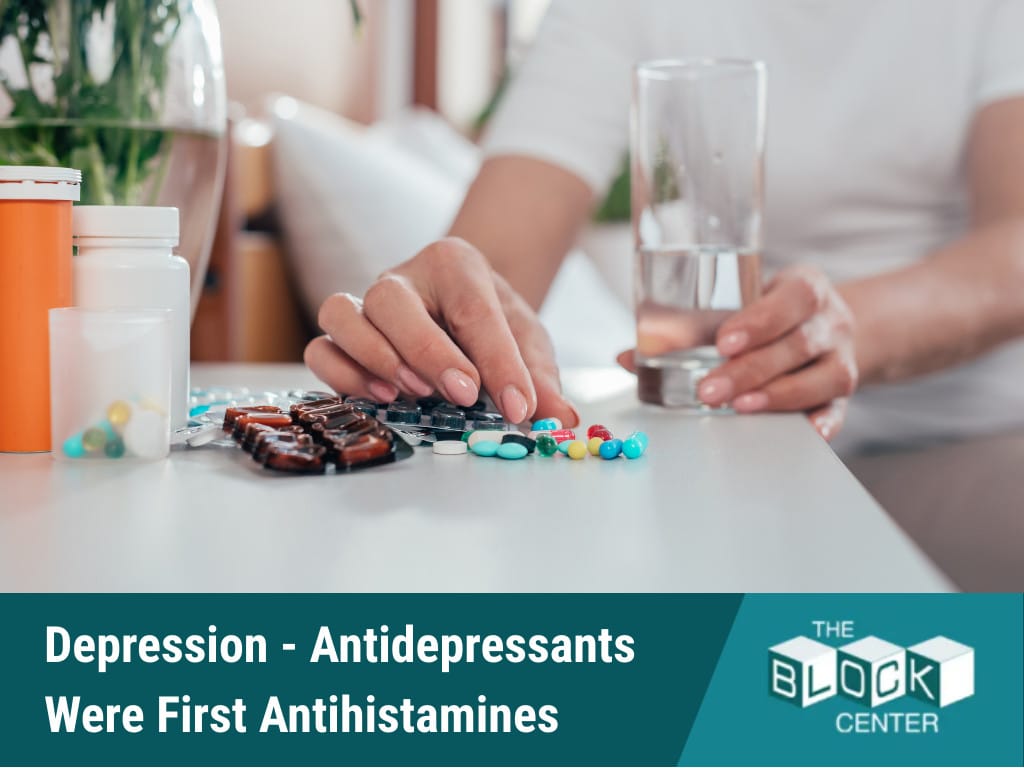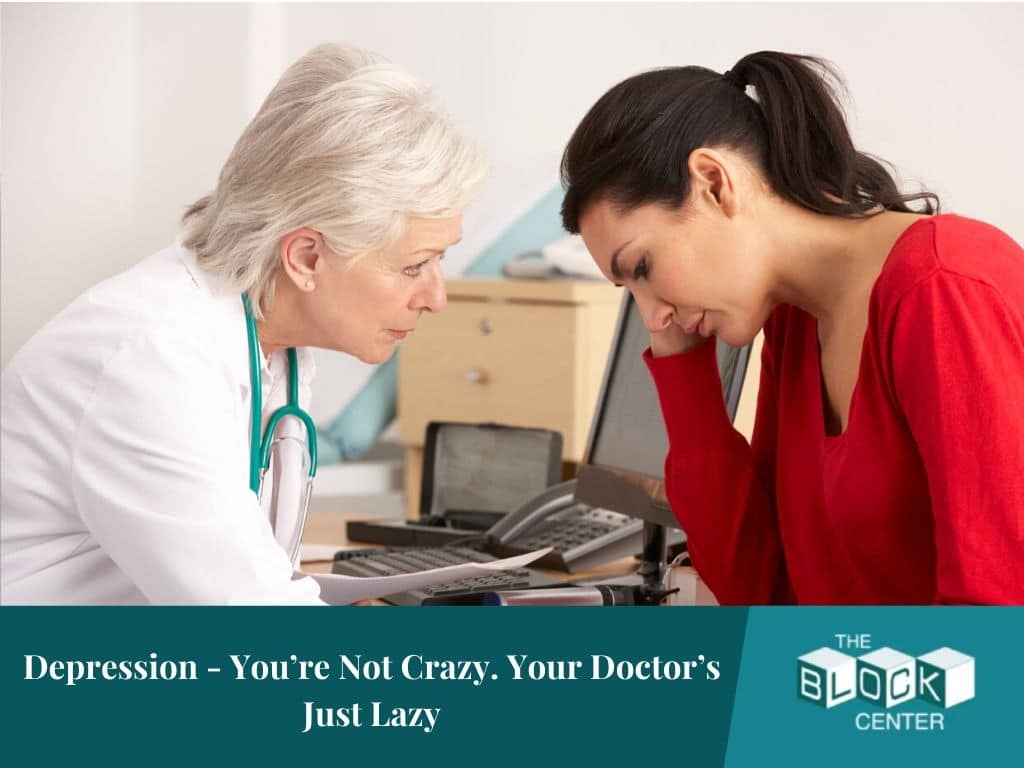Depression & The Medical Journals
In the journal, Osteopathic Family Practice News, (2002) Dr. Gregory James asserted that all adults should be “screened” for depression or anxiety during their periodic physical exams. He wrote that a nurse or medical assistant could do the screening. Such tell-tale signs as changes in hygiene, avoidance of eye contact, and responses to key questions were cited as potential indicators of depression. (James, 2002)
In fact, the article said that neither a physician nor a nurse was required to make the diagnosis. The patient himself could complete a questionnaire. The author referenced screening forms that could be used. These documents do not constitute a medical exam. They cannot be equated with lab tests or an MRI. They are only lists of symptoms to which the patient replies in the positive or negative.
Also Read: Dr. Block Voiced Her Reasons For Why She Is Against Medicare For All
The article identified the risk factors for depression present in various diseases, conditions, situations, environments, and professions. Other contributing factors could include cancer, chronic pain, weight loss or gain, disability, sexual dysfunction, gastrointestinal problems, heart diseases, vitamin deficiencies, hormonal imbalances, and alcohol or drug abuse.
In addition, the author identified certain drugs such as blood pressure and anti-Parkinson medications, tranquilizers and others as increasing the risk of depression. He then described what he believed to be common symptoms of depression: fatigue, headaches, pain, sexual dysfunction, and gastrointestinal problems were included.
The author first wrote that these were physical symptoms that place one at risk for being depressed then turned around and named them again as actual symptoms of depression.
This circular reasoning presents a real problem. If the symptoms of a medical condition cause depression the physician would have to ignore that condition in opting to treat the depression with a psychiatric drug. That’s simply bad medicine.
If You or Your Child Is Already Taking a Psychiatric Drug, Do Not Stop It Abruptly. Always Discontinue It Slowly and Under a Doctor’s Supervision!











